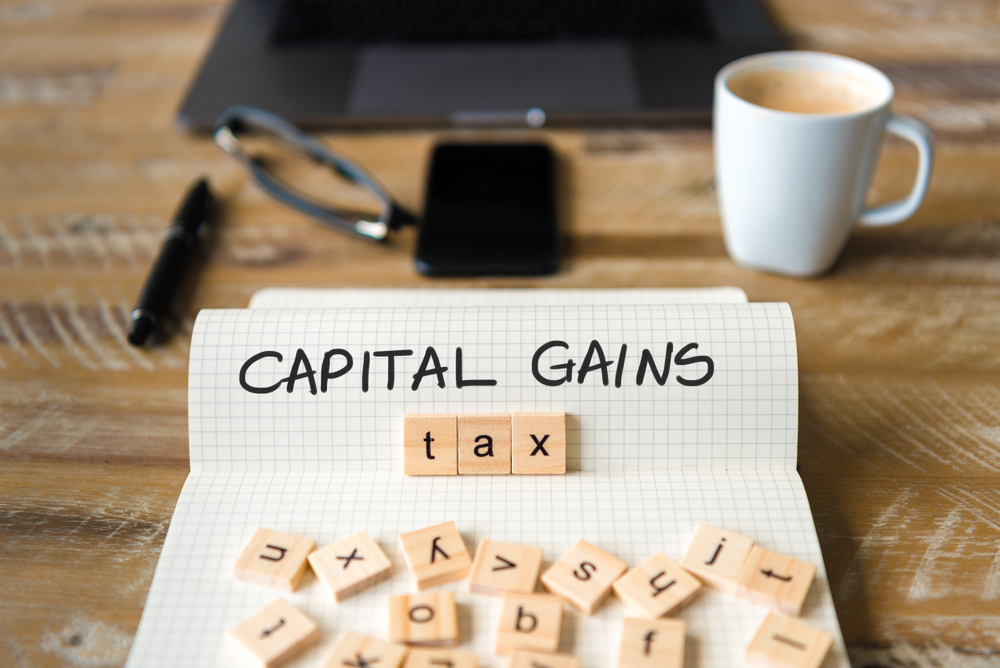One of the most potentially tedious aspects of investing can be after all of the buying, trading, and selling is done and it comes time to account for any investment earnings on your tax return. But depending on how long you’ve invested in a stock or fund before you sell it, you could have either of two very different types of tax rates. Basically, short-term capital gains taxes are what you pay if you sell an investment that you’ve held for last less than a year, and long-term capital gains taxes are what you pay if you held onto an investment for longer than a year before you sell it or any portion of it.
Short-term capital gains are taxed as if they’re ordinary income. So whatever your tax rate is, taking into account all forms of taxable income, that will be your tax rate on your net short-term investing. This can be a substantial price tag, especially when you take into account other fees for investing.
Long-term capital gains taxes are a little bit more complicated, but that’s because they incentivize people in every tax bracket to hold onto their investments long-term. The economy benefits when people trust their stocks and index funds instead of constantly trading and out of the market, and if you hear people talking about the capital gains rate, especially since they’re probably talking about it favorably, they mean the long-term capital gains tax rate. Currently, according to Investopedia, if you’re in the 15% income tax bracket or below, you will pay 0% on your long-term capital gains. If your tax bracket is slightly higher, up to 35%, then it changes to a tax rate of 15%, and even if your tax bracket is higher than that, it caps out at 20%.
The benefit of this knowledge is twofold: not only can it be a relief to know that having a successful investing year will not give you a large headache when it comes to doing your taxes, this information can radically impact your investing strategy and help you make a more informed choice between selling your shares and holding on to them for a few more months.
Taxes can certainly get a lot more complicated than this. But, just like with investing, any information that can help you shed light on an issue will make you more and more of an expert and make your financial choices more and more successful. Roberts Tax Advisory will work with you to make sure you have access to the best tax and investing strategies.







